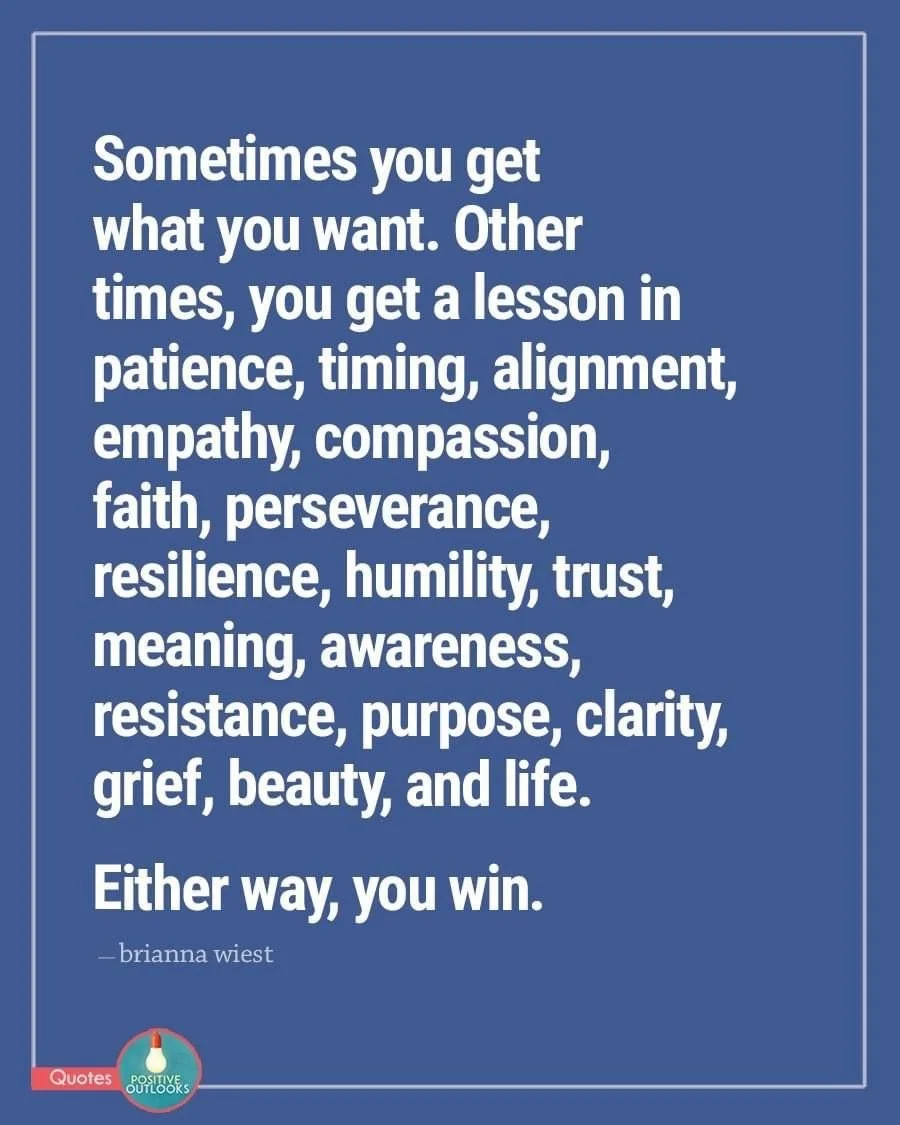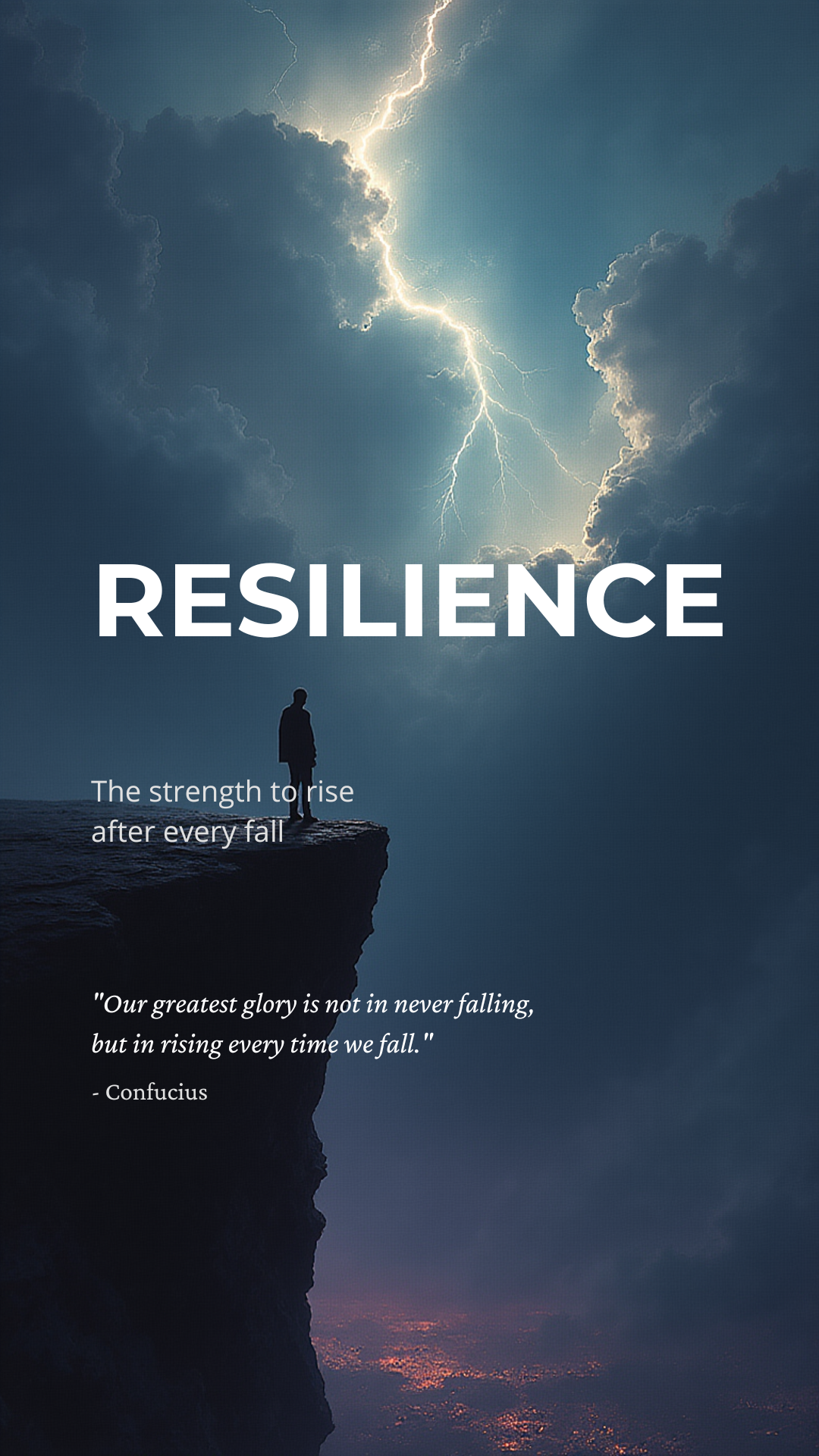Is Resilience a Learned Behavior?
Is resilience something we are born with, or something we learn along the way?
It is a question that comes up often in leadership, in personal growth work, and even in day-to-day conversations about how we handle stress and change. The truth is that resilience is shaped by both nature and nurture, but our lived experiences, relationships, and environments all play a powerful role in strengthening it.
Think back on your own life for a moment. Where did you learn resilience?
For many of us, it comes from early moments when life did not go as planned. We learn it when we are stretched. We learn it when we fail. We learn it when the path forward is not clear, but we move anyway. And at some point, we start to view adversity not as a sign that something is wrong, but as a productive struggle that challenges us and ultimately equips us.
That mindset shift is everything. When we believe that obstacles are part of growth rather than proof of defeat, our confidence increases and our capacity expands. We begin seeing ourselves as capable of working through hard things, rather than being defined by them.
I can think of countless times in my own story where resilience showed up whether I asked for it or not. As a ball player learning to shake off the mistake of the last play. As a child navigating life in a single-parent home. As a teacher learning to adapt to the needs of every student. As a coach and leader responsible for the growth and performance of others. In each season, resilience was something I had to practice repeatedly, even on the days I wanted to quit. Looking back, those experiences did not just teach me resilience; they shaped my entire outlook on challenge and progress.
But here is something important for leaders to understand. Not everyone experiences struggle the same way. What strengthens one person can overwhelm another. What feels like a temporary hurdle to you may feel like a full stop to someone else. As leaders, we often hear statements like, “My team struggles with resilience or problem solving when things are not going well.”
If you have ever found yourself thinking that, it is worth exploring what your team has seen modeled.
People do not become resilient simply by being told to toughen up or figure things out. They become resilient by watching how their leaders respond to challenges, uncertainty, and failure. They learn resilience through the environment they work in and the support they receive.
Here are a few ways leaders can actively model and build resilience within their teams:
Exhibit a growth mindset. Focus on what can be learned from a situation instead of fixating solely on outcomes. When leaders treat setbacks as learning moments, teams feel safer taking initiative and trying again.
Communicate clearly and respectfully, especially during mistakes. High stress moments can either erode trust or strengthen it. When leaders stay steady and constructive, even when another “at bat” is needed, teams learn to stay composed and solution-focused.
Coach the process, not just the results. Growth happens gradually. Celebrate the quality at-bats, the improvement in technique, and the steps toward mastery rather than only acknowledging wins. This reinforces that effort and progress matter.
Resilience grows in environments where people feel supported, coached, and believed in. It grows through consistent expectations, thoughtful correction, and leaders who show that hard moments can be navigated with clarity rather than fear. A high trust culture makes it possible for people to take risks, recover from missteps, and keep moving forward.
As you reflect on your own path, consider how your early experiences, mentors, teammates, or circumstances shaped the resilience you carry today. Every story is different, but each one matters.
Where did you learn resilience? I would love to hear your story.
If you want to continue the conversation or explore ways to strengthen resilience within your own team, you can connect with Lori on LinkedIn or reach her directly at lori@thequalitycoach.com



